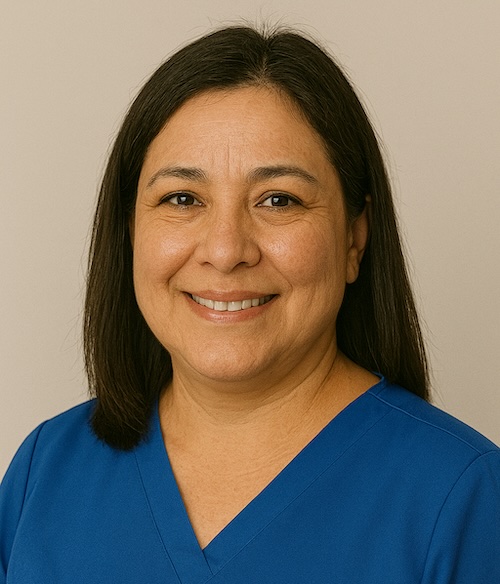Building a Rewarding Career in Registered Nursing
The healthcare landscape continues to evolve rapidly, and at its heart stands one of the most essential and rewarding professions: registered nursing. As the backbone of healthcare delivery, registered nurses (RNs) play a crucial role in patient care, health promotion, and disease prevention across diverse healthcare settings.
Why Choose Nursing Now?
The demand for registered nurses has never been stronger. The Bureau of Labor Statistics projects 6% growth from 2022 to 2032, faster than average for all occupations. This growth translates to excellent job security, competitive salaries with a median exceeding $75,000 annually, comprehensive benefits packages, and geographic flexibility through license portability across multiple states.
Educational Pathways
Three main routes lead to RN licensure:
- Associate Degree in Nursing (ADN) – 2-3 years, cost-effective entry point
- Bachelor of Science in Nursing (BSN) – 4 years, preferred by many employers
- Accelerated BSN – 12-18 months for career changers with existing bachelor’s degree
All programs require passing the NCLEX-RN exam for licensure.
Where Nurses Work
Nurses can work in a wide variety of settings including:
- Hospitals
- Community settings
- Outpatient care
- Home health
- Education
- Research
Career Advancement Opportunities
Nursing offers exceptional growth potential. Leadership roles include charge nurse, nurse manager, and chief nursing officer positions. Advanced practice opportunities such as clinical nurse specialist and nurse practitioner require master’s degrees but offer increased autonomy and compensation. Many nurses also transition into specialized fields like healthcare administration, quality improvement, case management, and healthcare informatics.
What Makes Nursing Rewarding?
Beyond competitive compensation, nurses experience direct patient impact through making tangible differences in people’s lives, continuous learning as healthcare evolves with new treatments and technology, team collaboration with interdisciplinary healthcare professionals, job variety where no two days are alike, and purpose-driven work that contributes meaningfully to community health.
Challenges to Consider
Nursing comes with significant demands:
- Physical requirements: Long hours on your feet, lifting patients
- Emotional intensity: Dealing with illness, death, and family stress
- Shift work: Many positions require nights, weekends, and holidays
- High-stress environment: Critical decisions under time pressure
- Staffing challenges: Current healthcare environment creates additional workload pressures
Essential Skills for Success
Successful nurses develop strong communication skills for clear interaction with patients and healthcare teams, critical thinking abilities for quick assessment and decision-making, empathy and compassion for supporting patients during difficult times, physical and emotional stamina for managing demanding schedules, and adaptability as healthcare technology and practices continuously change.
Getting Started
Before committing to nursing education, consider shadowing practicing nurses to observe daily responsibilities, volunteering in healthcare settings to gain exposure, speaking with current nursing students about their experiences, honestly assessing your comfort level with healthcare environments, and reflecting on your motivations for choosing healthcare as a career.
The Bottom Line
Registered nursing offers a unique combination of job security, competitive compensation, diverse opportunities, and personal fulfillment. The profession provides stability during economic uncertainty while allowing nurses to make a meaningful difference in their communities.
For those ready to embrace both the challenges and rewards, nursing represents not just a career but a calling that offers professional growth, personal satisfaction, and the knowledge that your work directly improves lives. As healthcare becomes increasingly complex, skilled and compassionate registered nurses will remain essential to quality patient care and positive health outcomes.
The investment in nursing education pays dividends through job security, advancement opportunities, and the deep satisfaction that comes from serving others during their most vulnerable moments.

